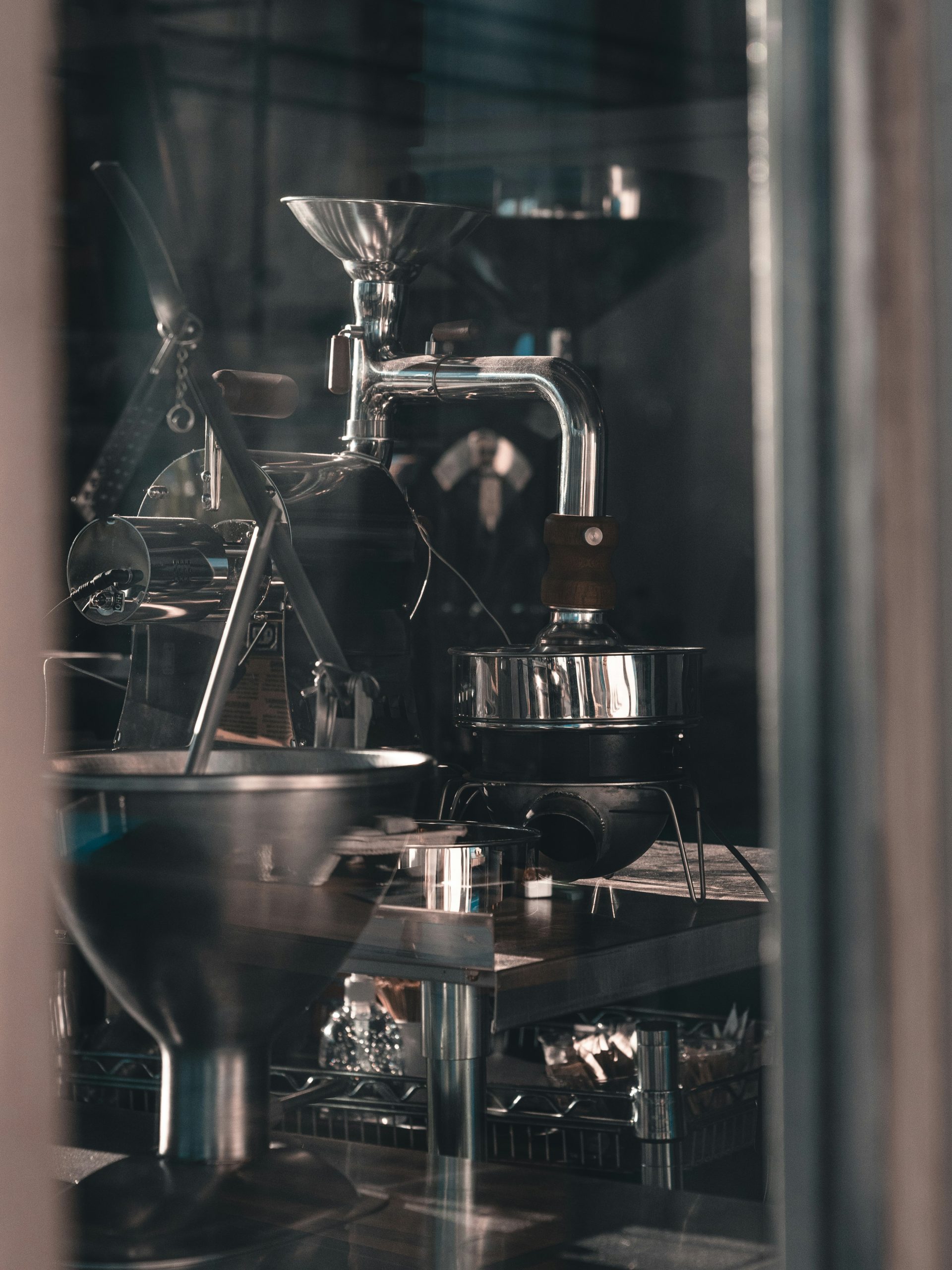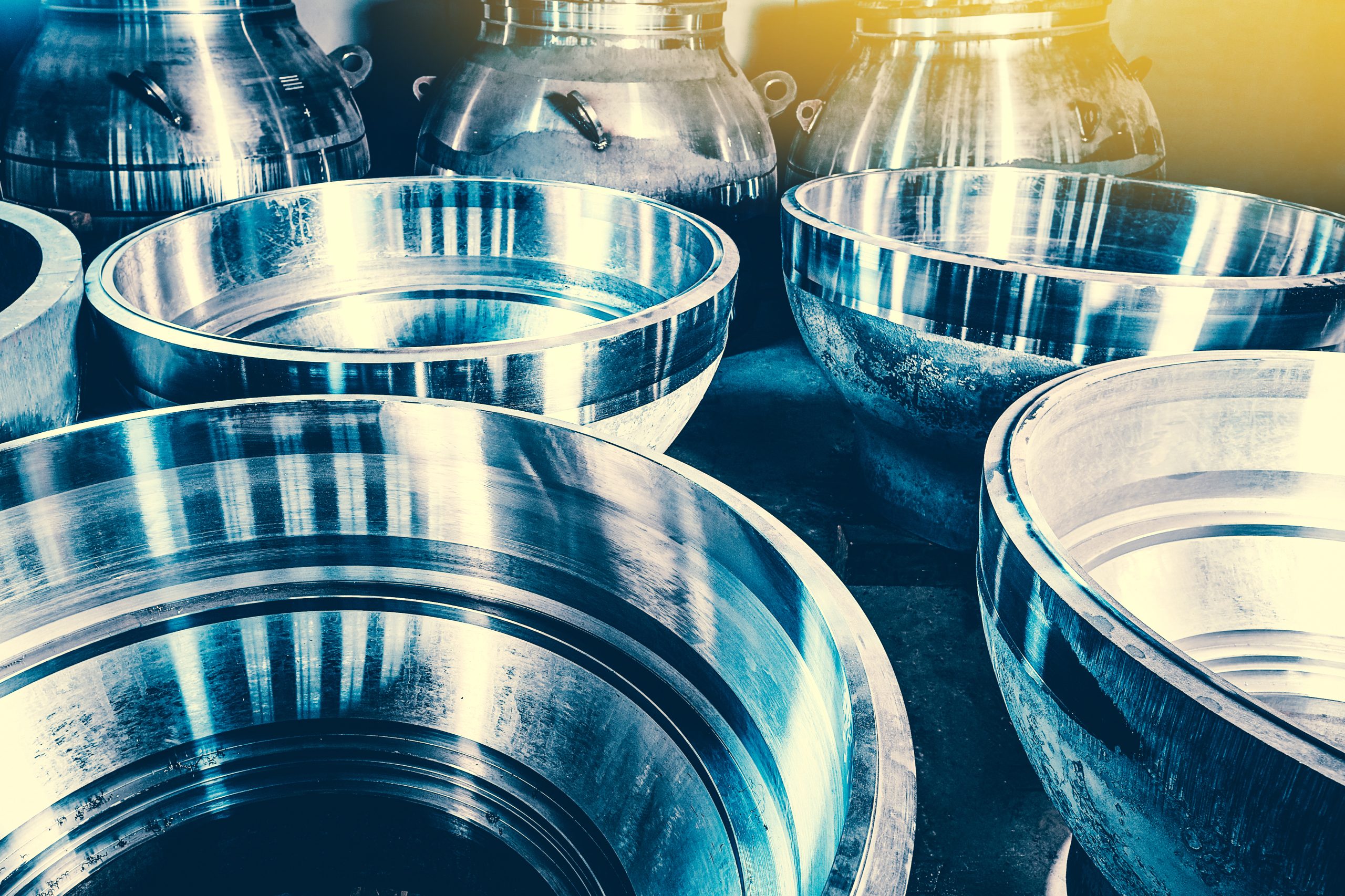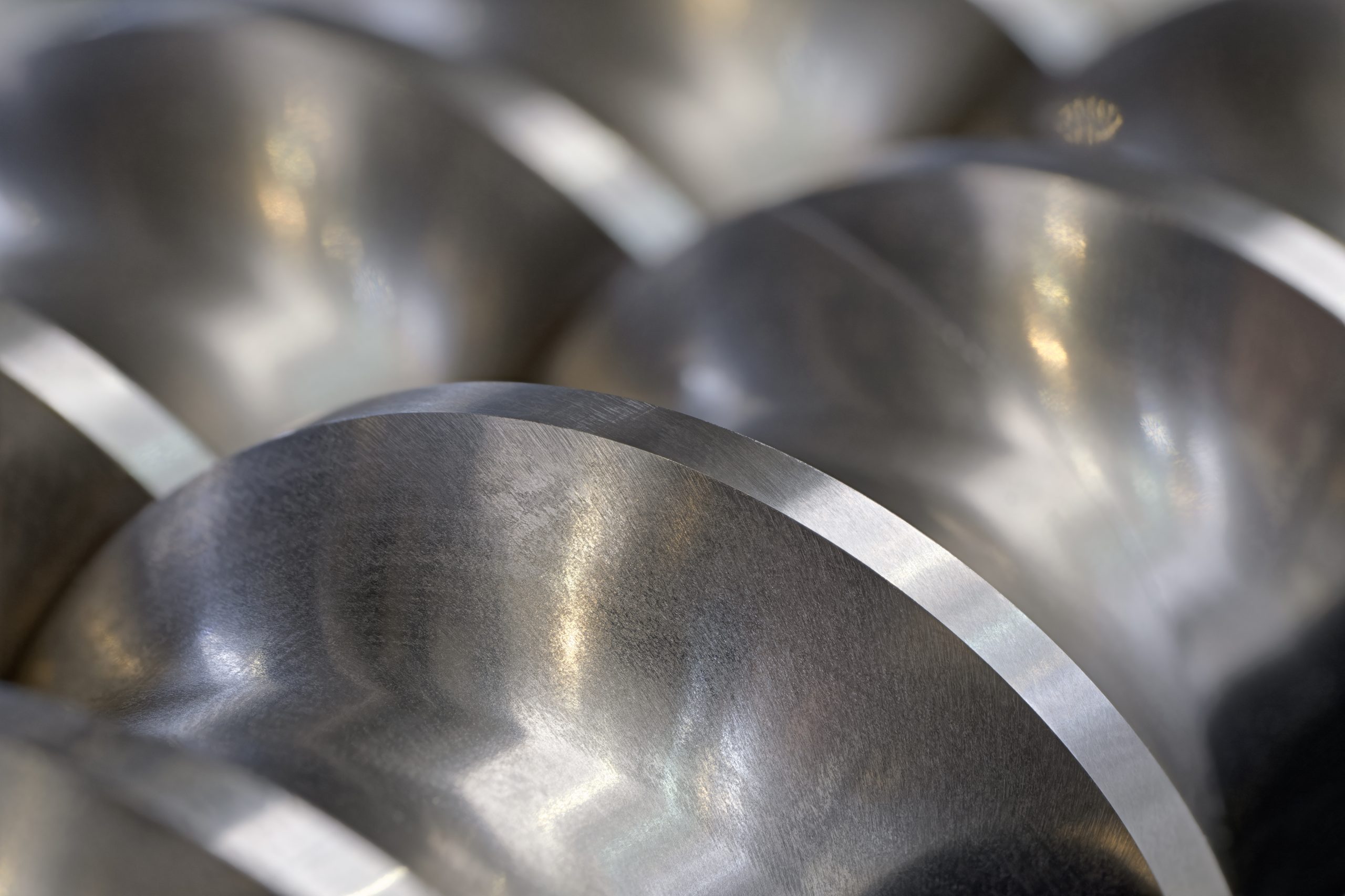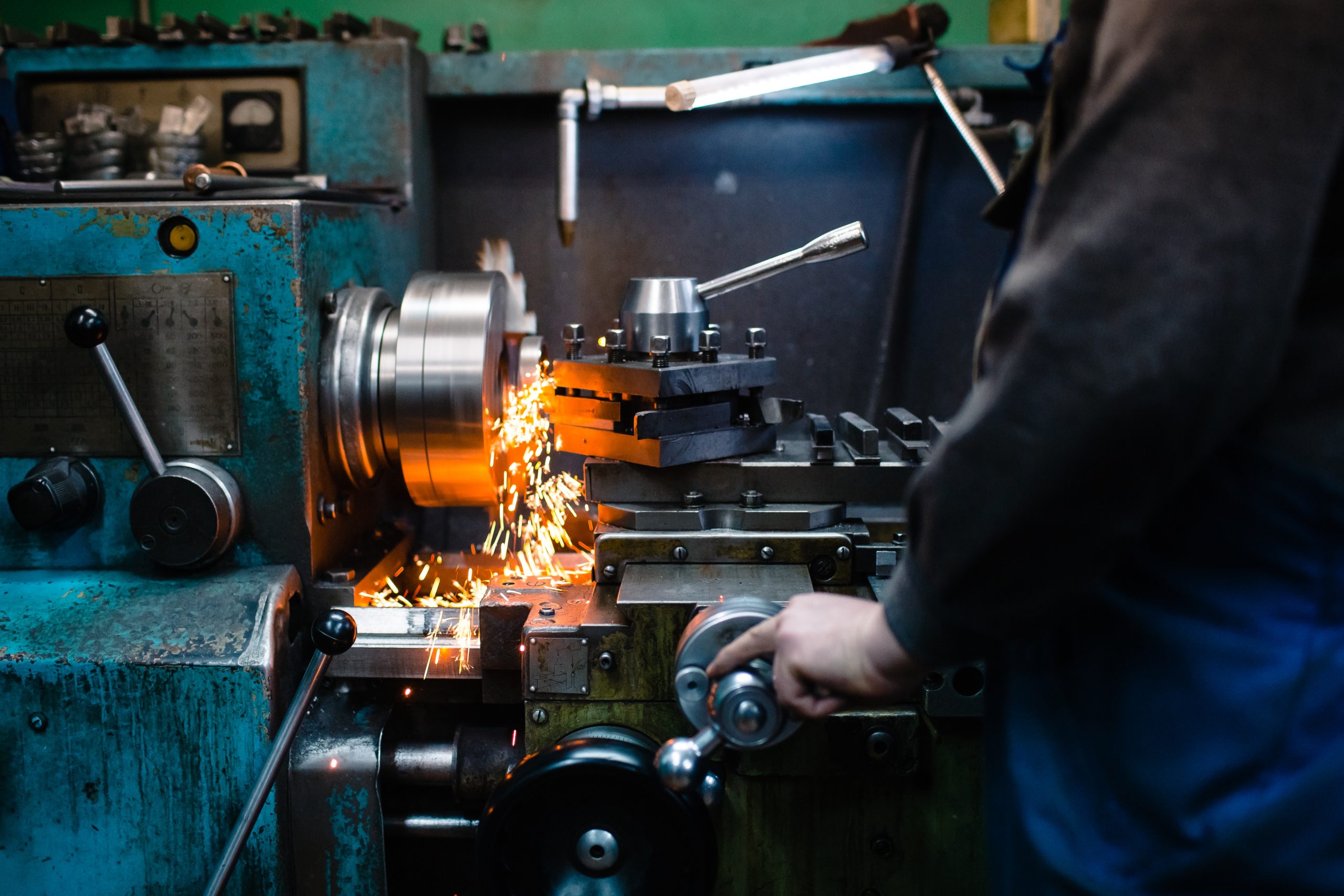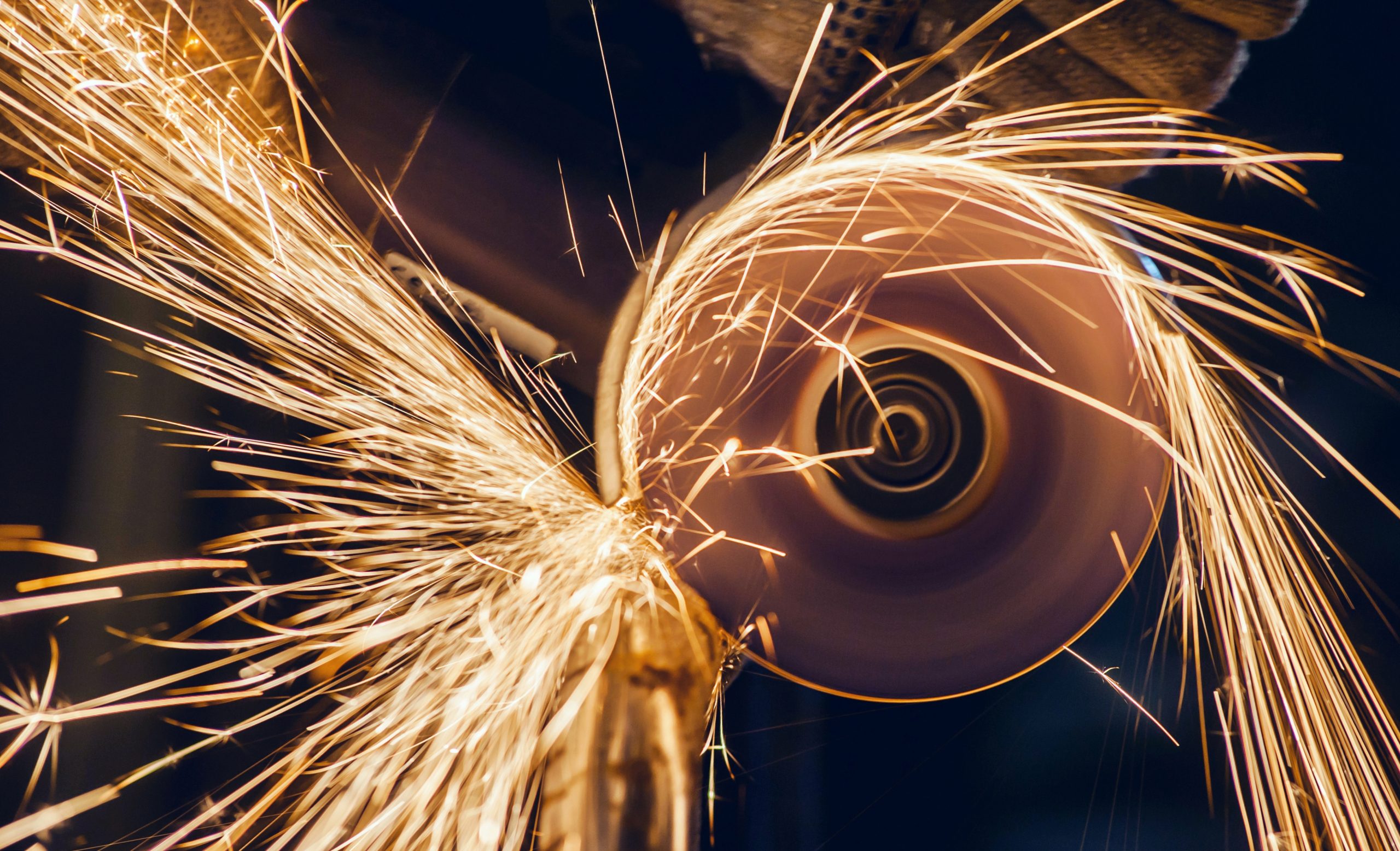In the food industry, hygienic and corrosion-resistant components are essential. Metal spinning provides the capability to fabricate stainless steel or other food-grade metal components that meet strict industry standards.
One application of metal spinning in the food industry is the manufacturing of mixing bowls or containers. Metal spun bowls and pressure vessels can provide precise dimensions, allowing for efficient and consistent mixing, while offering durability and resistance to corrosion.
Additionally, metal spun parts such as dished ends and spun metal cones can be used in the production of food processing equipment, such as cutting blades, conveyor system components, or moulds. The versatility of metal spinning ensures that components meet hygiene requirements, are easy to clean, and contribute to overall food safety and production efficiency.
Moreover, metal spinning techniques can be utilised to create bespoke food-grade metal components tailored to specific needs within the food industry. This customisation allows for the production of unique shapes and sizes that traditional manufacturing methods may struggle to achieve, providing a competitive edge to businesses seeking innovative solutions.
Furthermore, the seamless construction of metal spun components reduces the presence of crevices or joints where bacteria could potentially accumulate, promoting a higher level of cleanliness and sanitation in food processing environments. This attention to detail in design not only enhances the longevity of the equipment but also upholds the stringent quality standards required in food production. Read about ‘What metal finishings can be used on metal spun parts’.

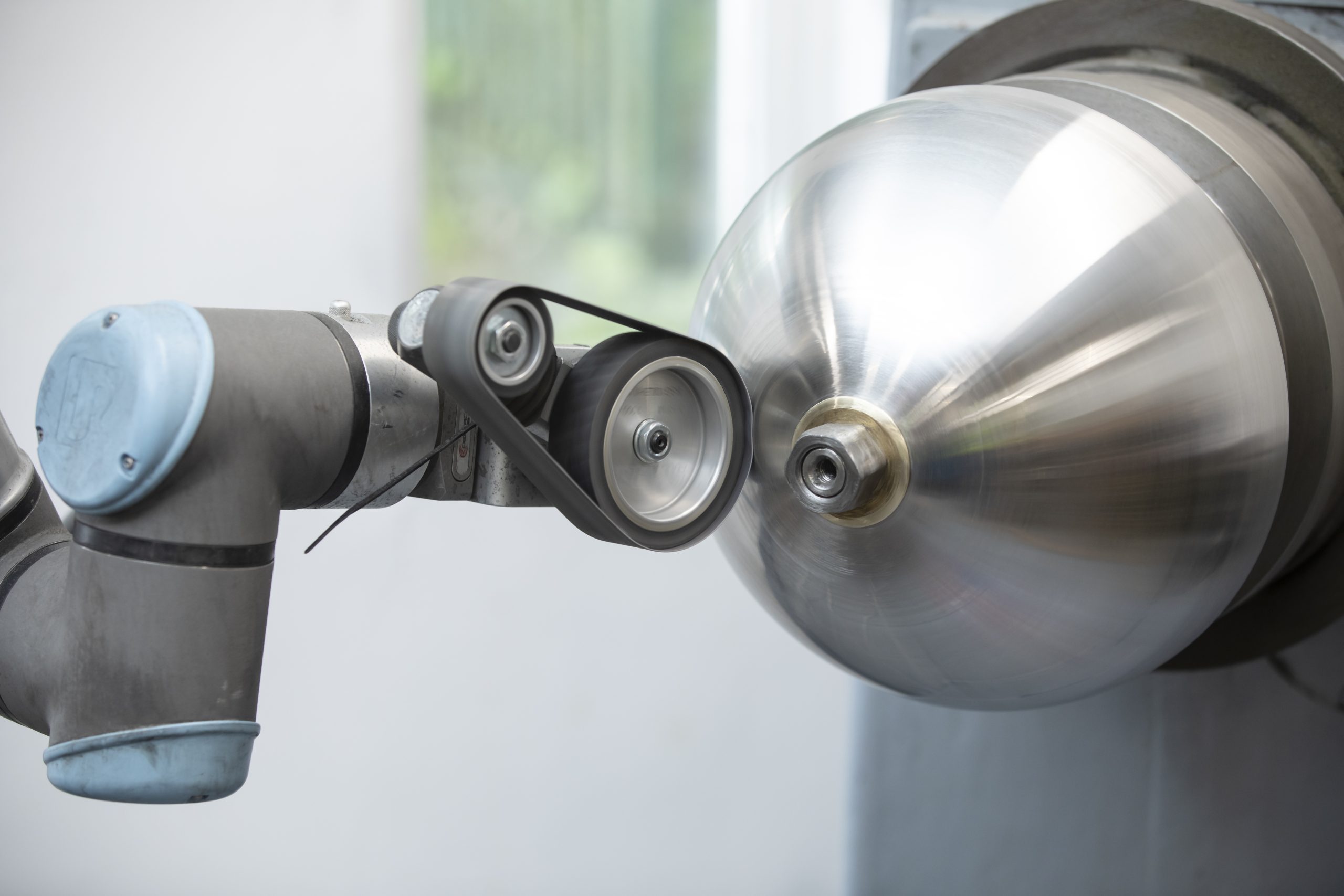 Metal Spinning
Metal Spinning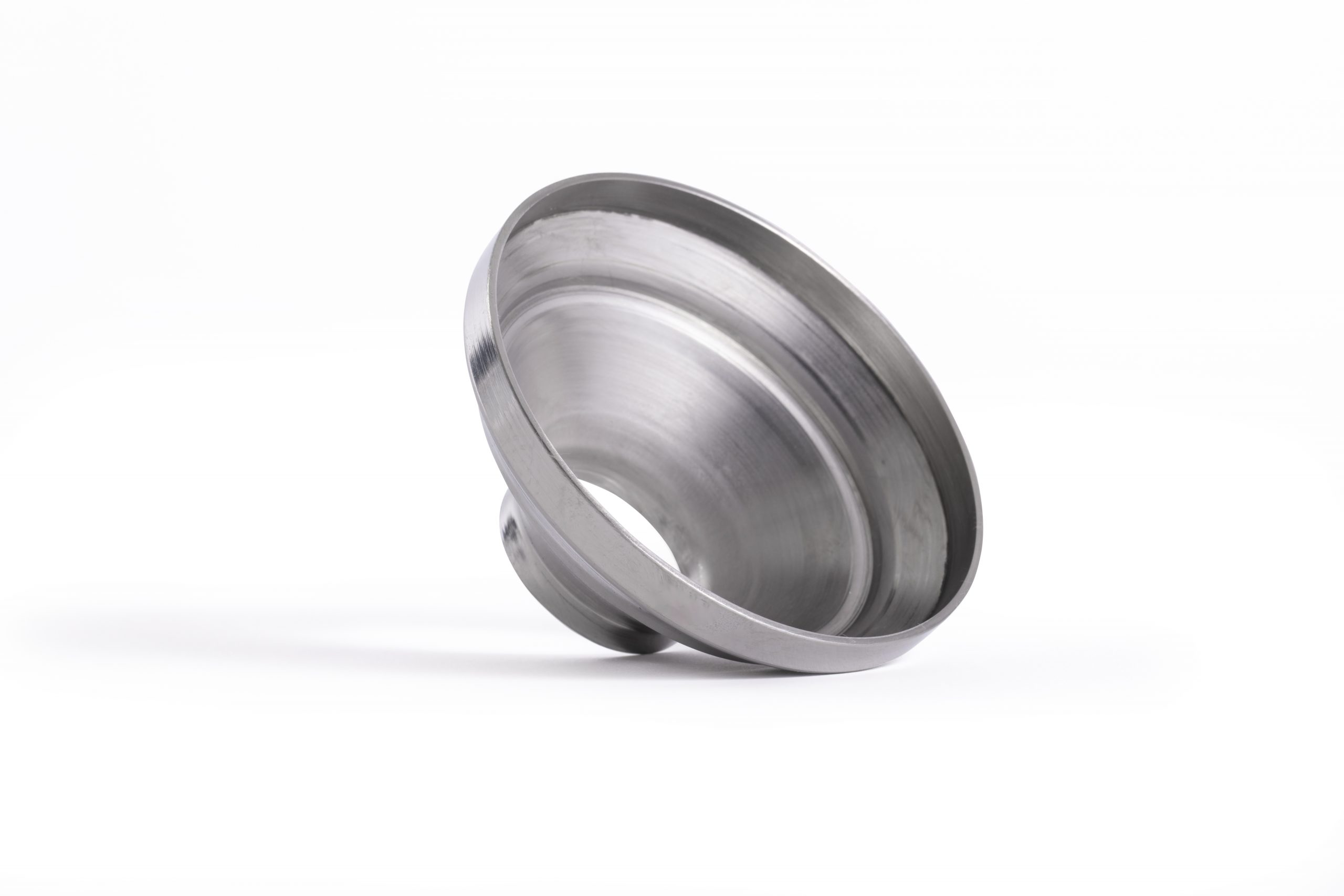 Bespoke Metal Spinning
Bespoke Metal Spinning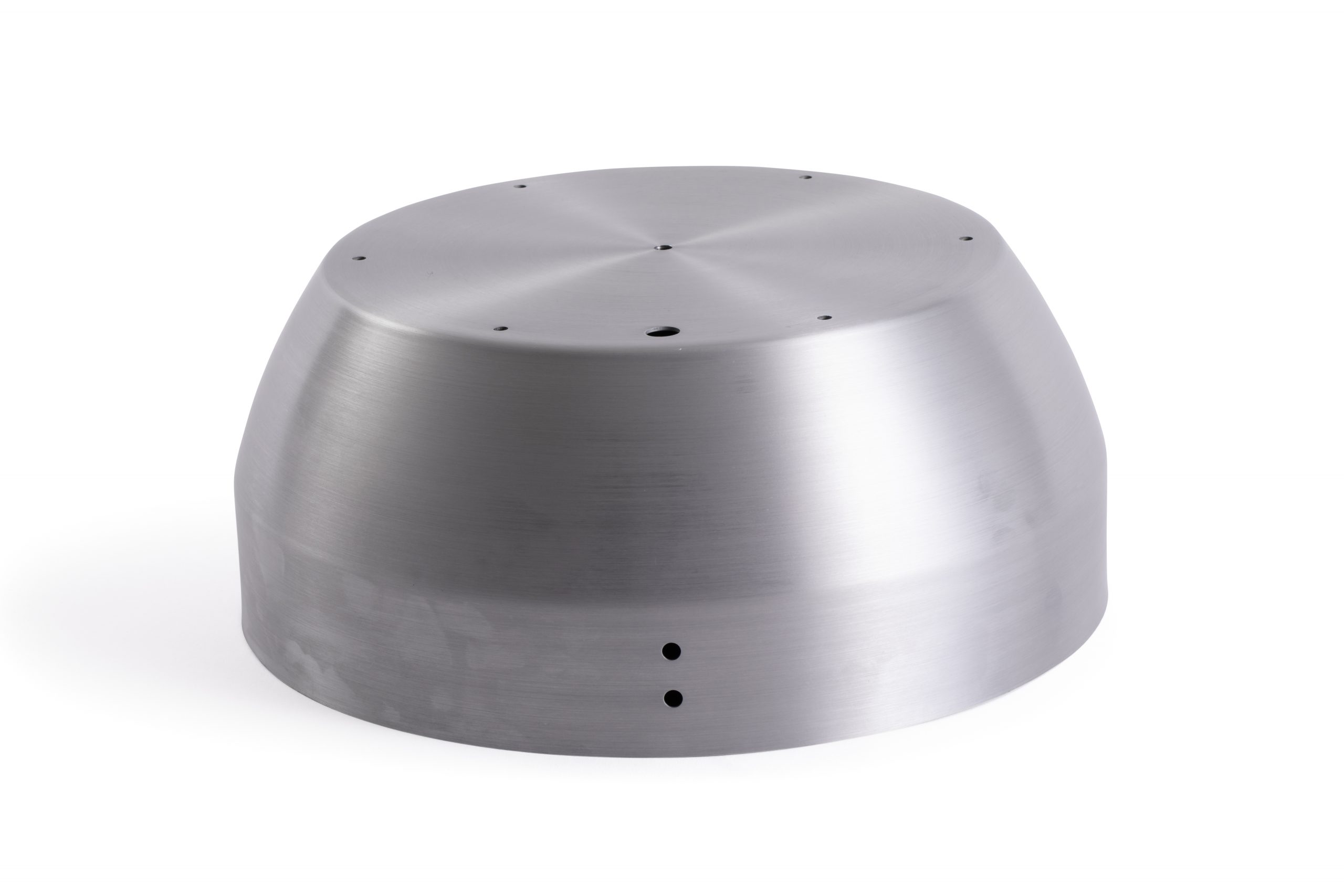 Metal Polishing
Metal Polishing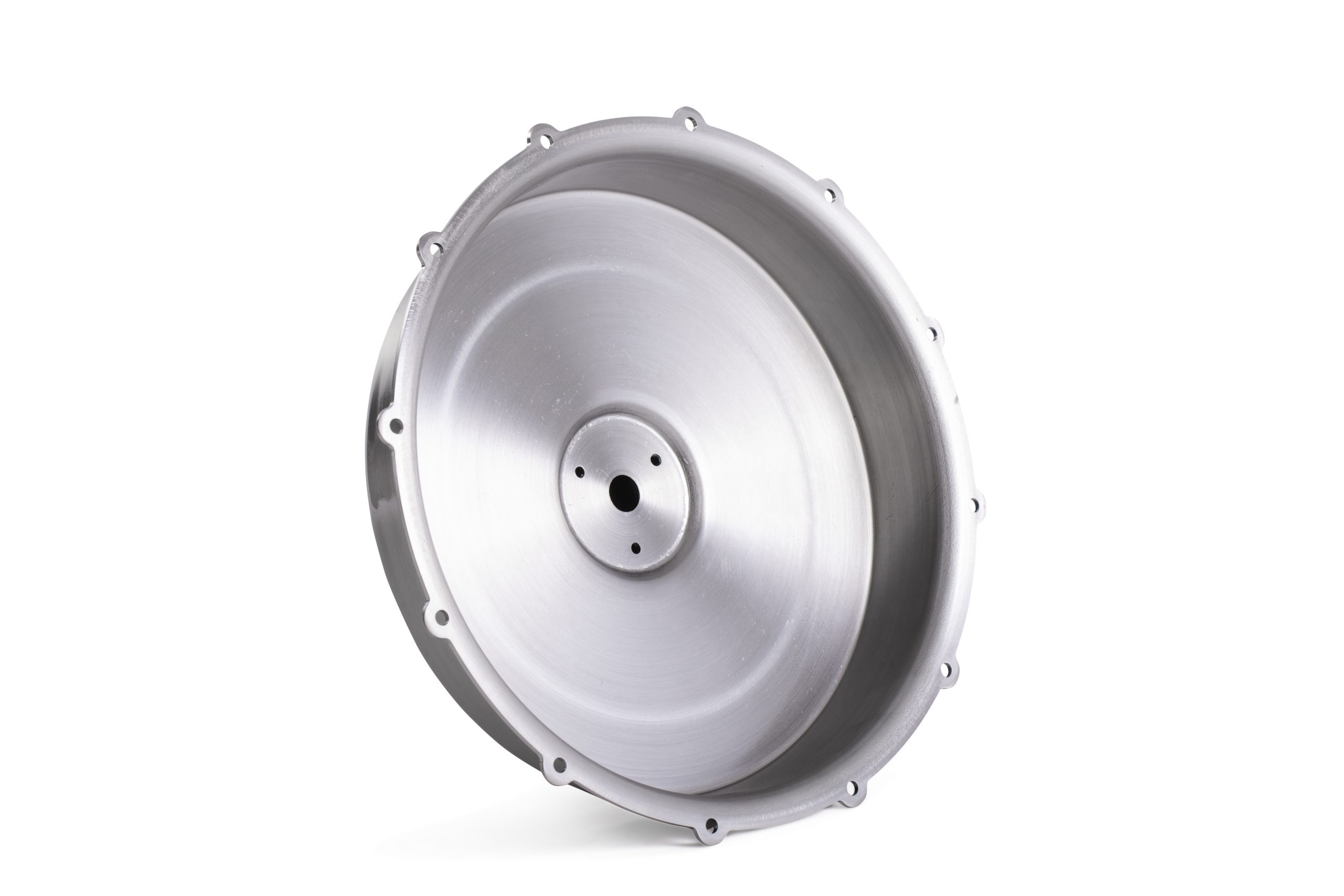 Machining
Machining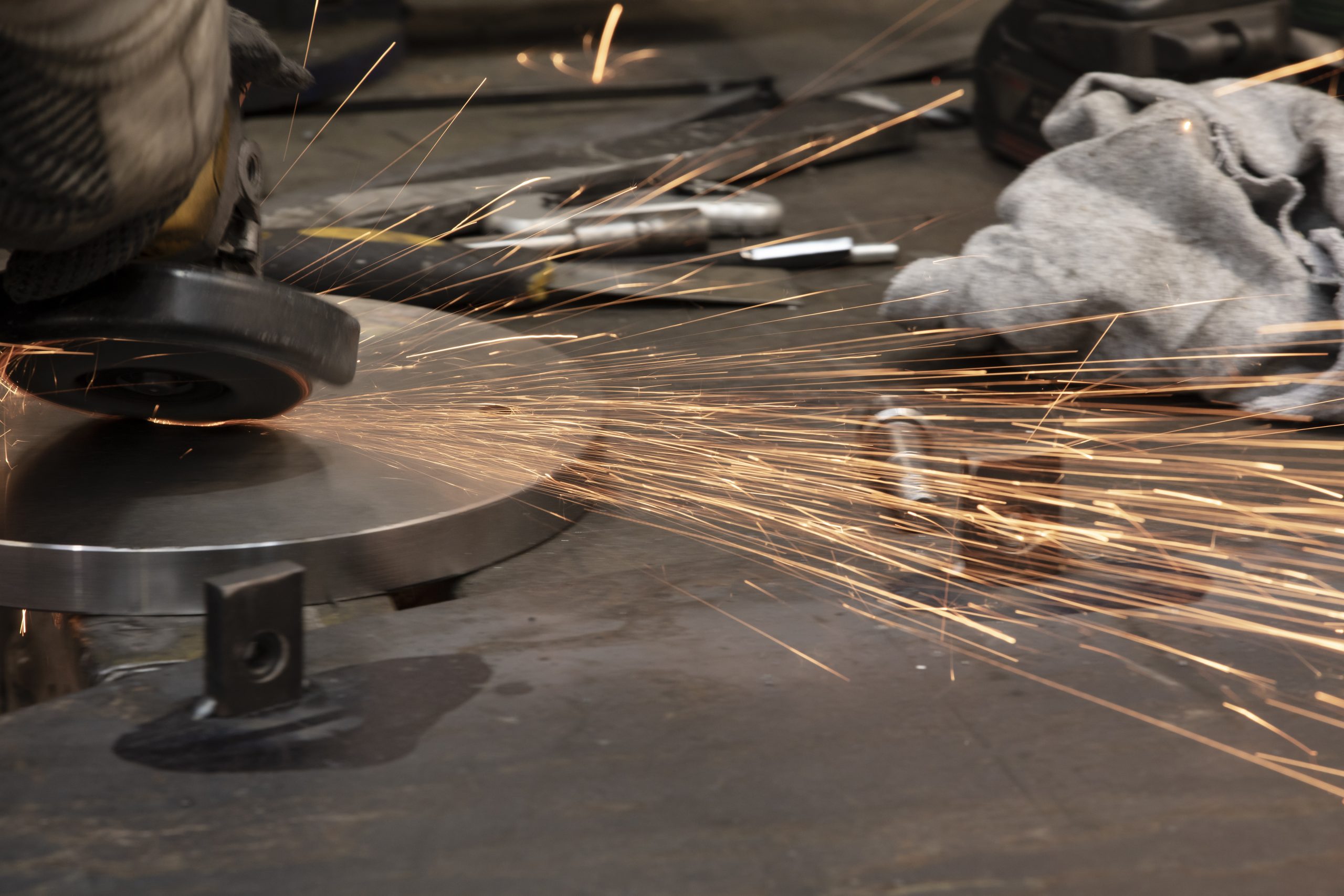 Metal Pressing
Metal Pressing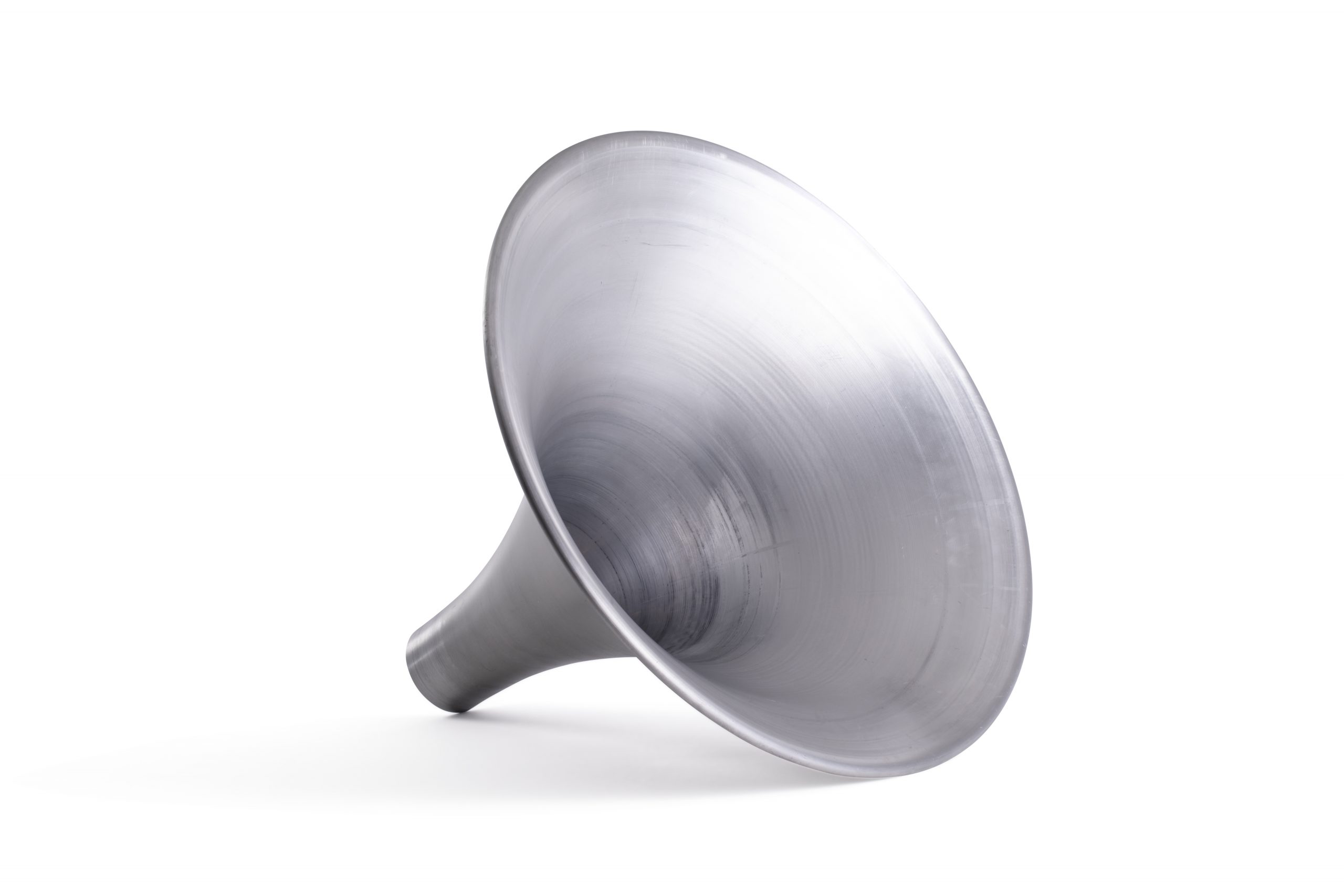 Metal Swaging
Metal Swaging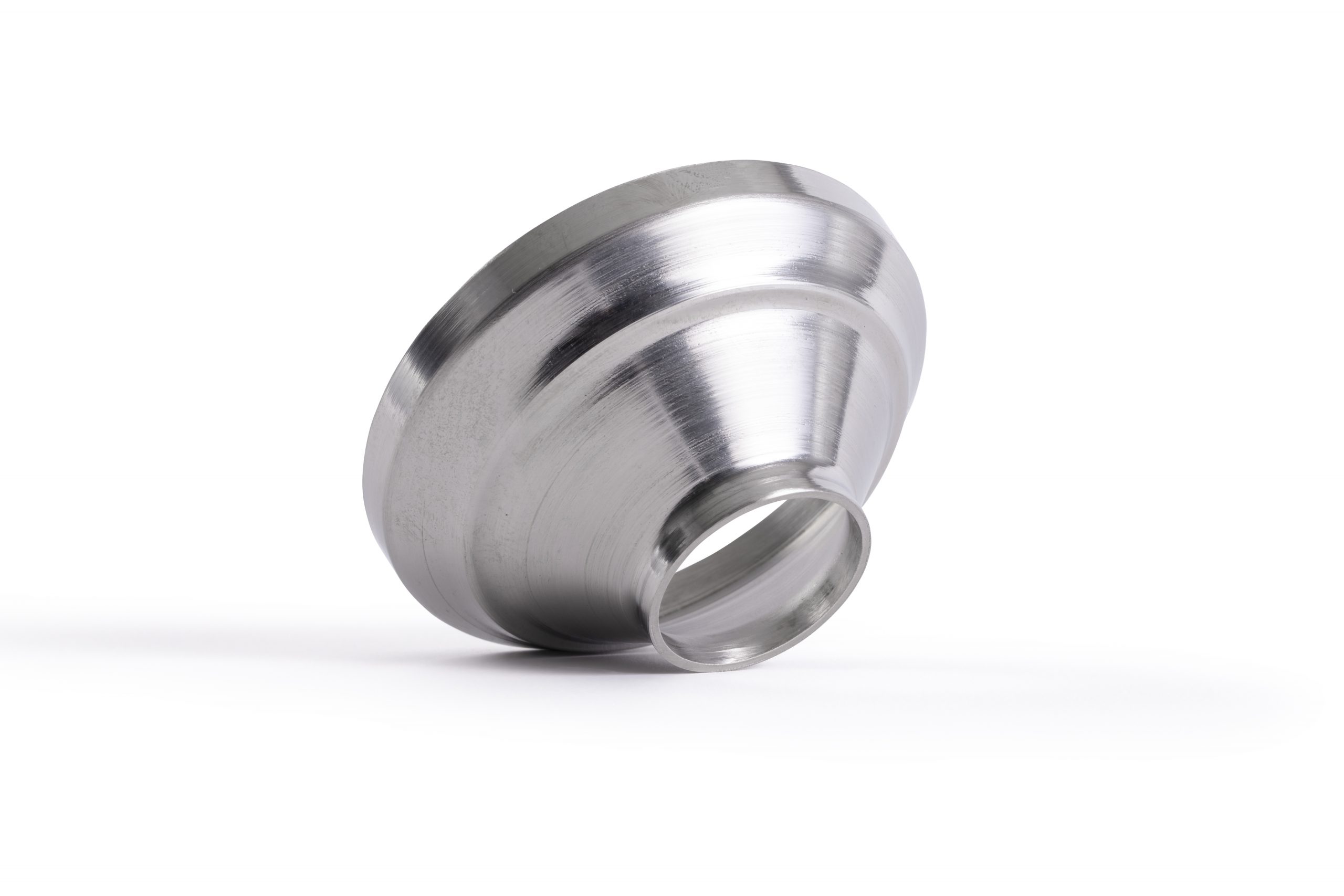 Metal Fabrication & Welding
Metal Fabrication & Welding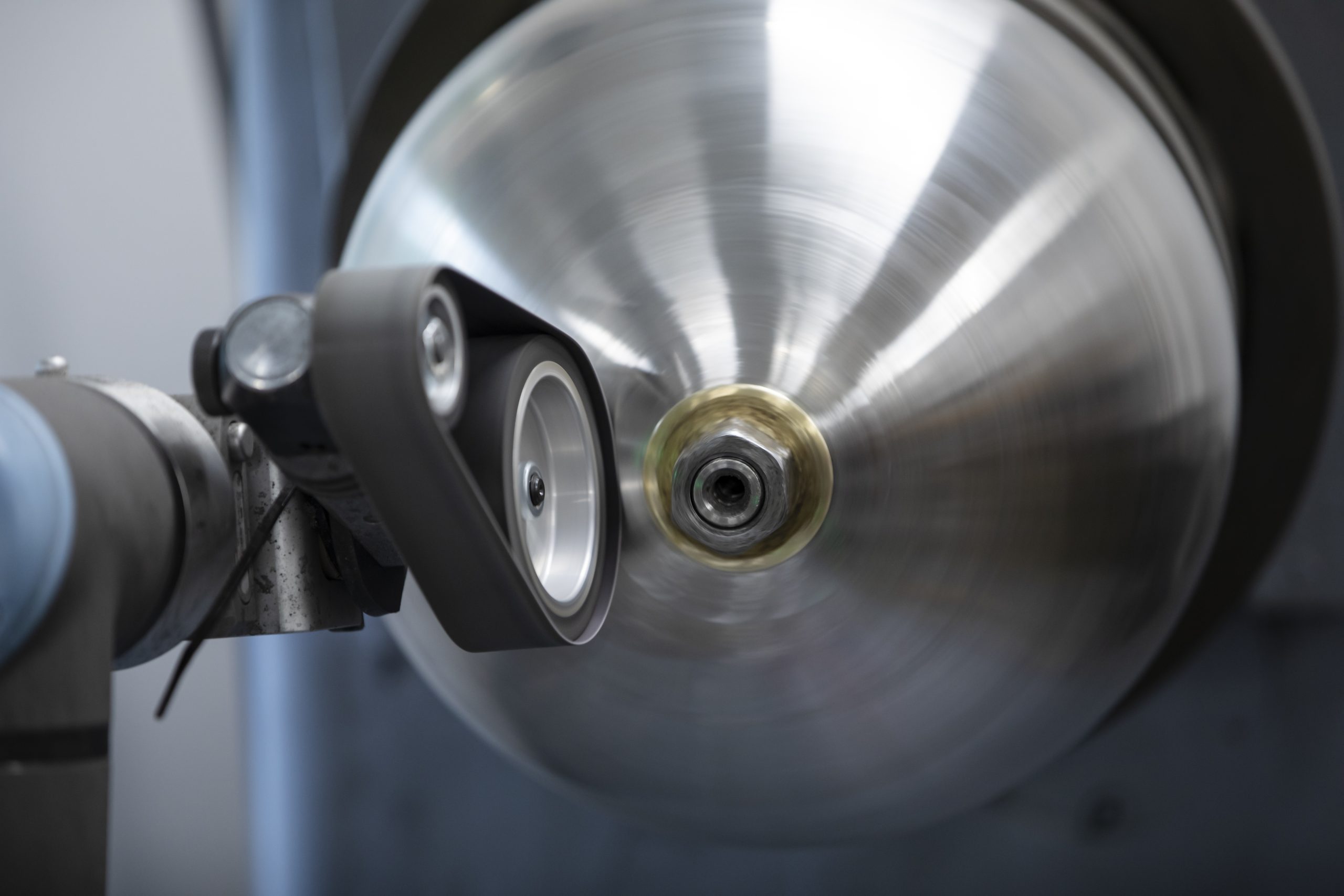 Precision Engineering
Precision Engineering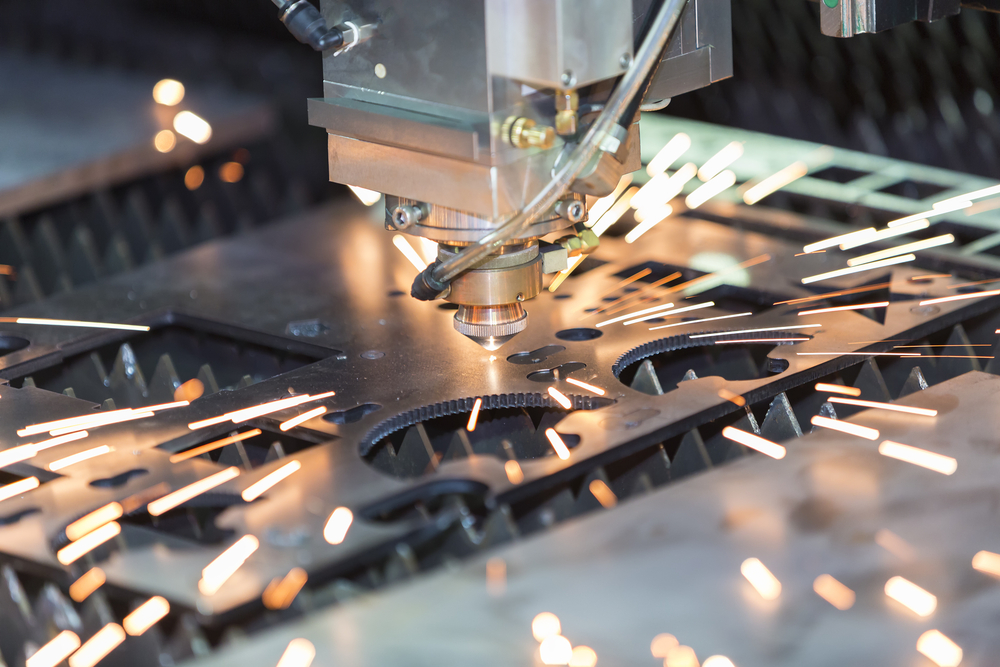 Laser Cutting
Laser Cutting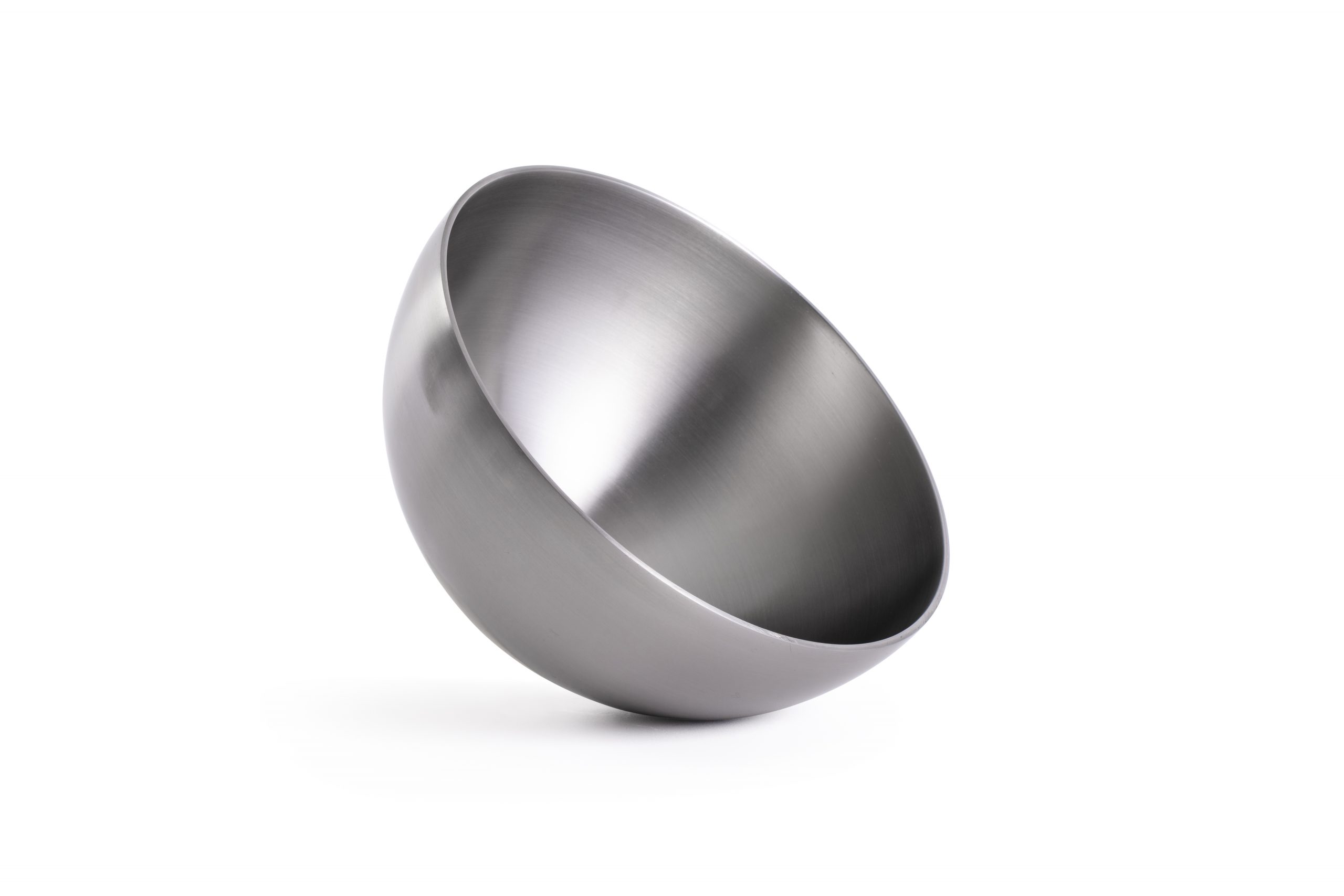 Inspection and Quality
Inspection and Quality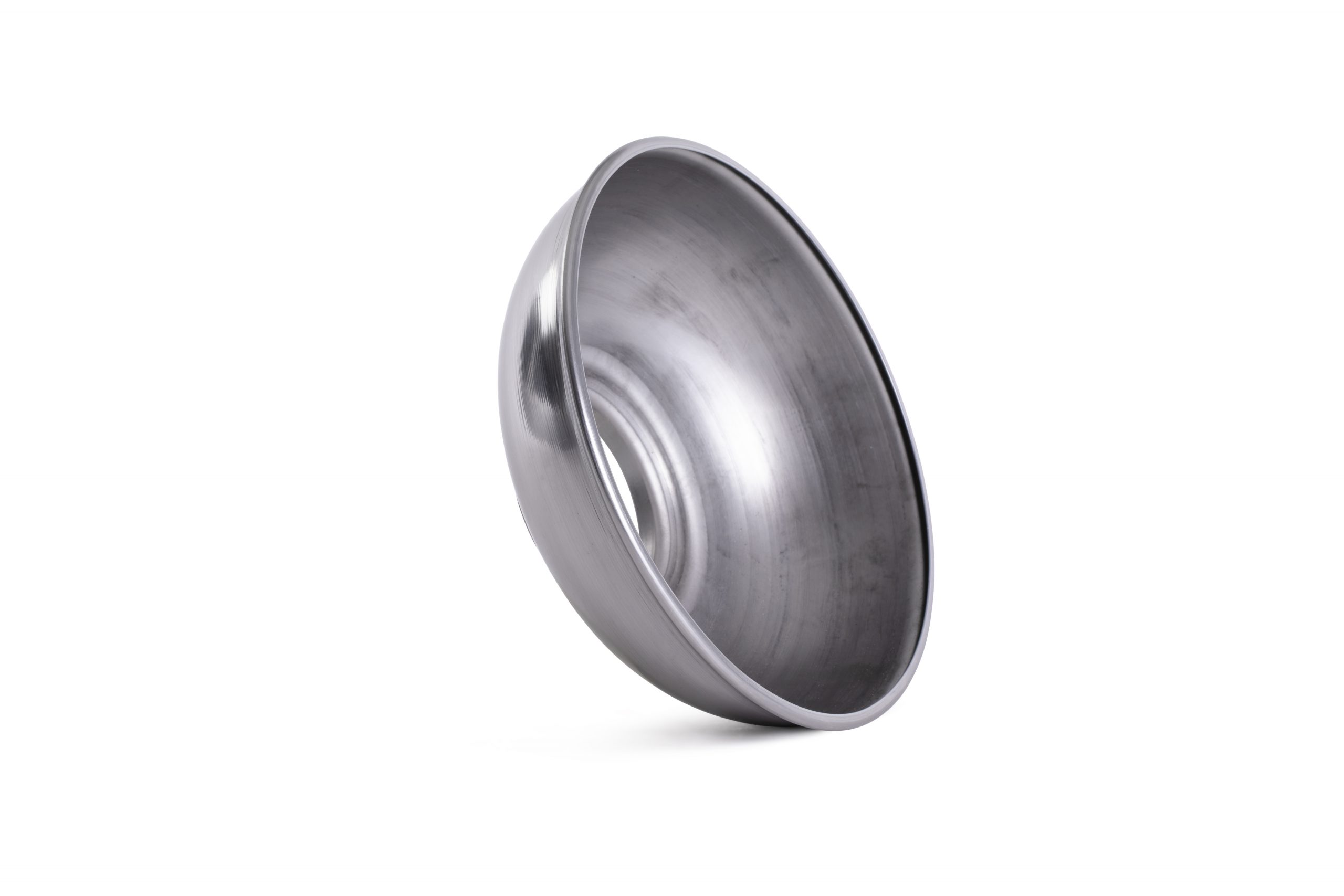 Anodising, Electropolishing and Pickling & Passivating
Anodising, Electropolishing and Pickling & Passivating Agriculture
Agriculture Automotive
Automotive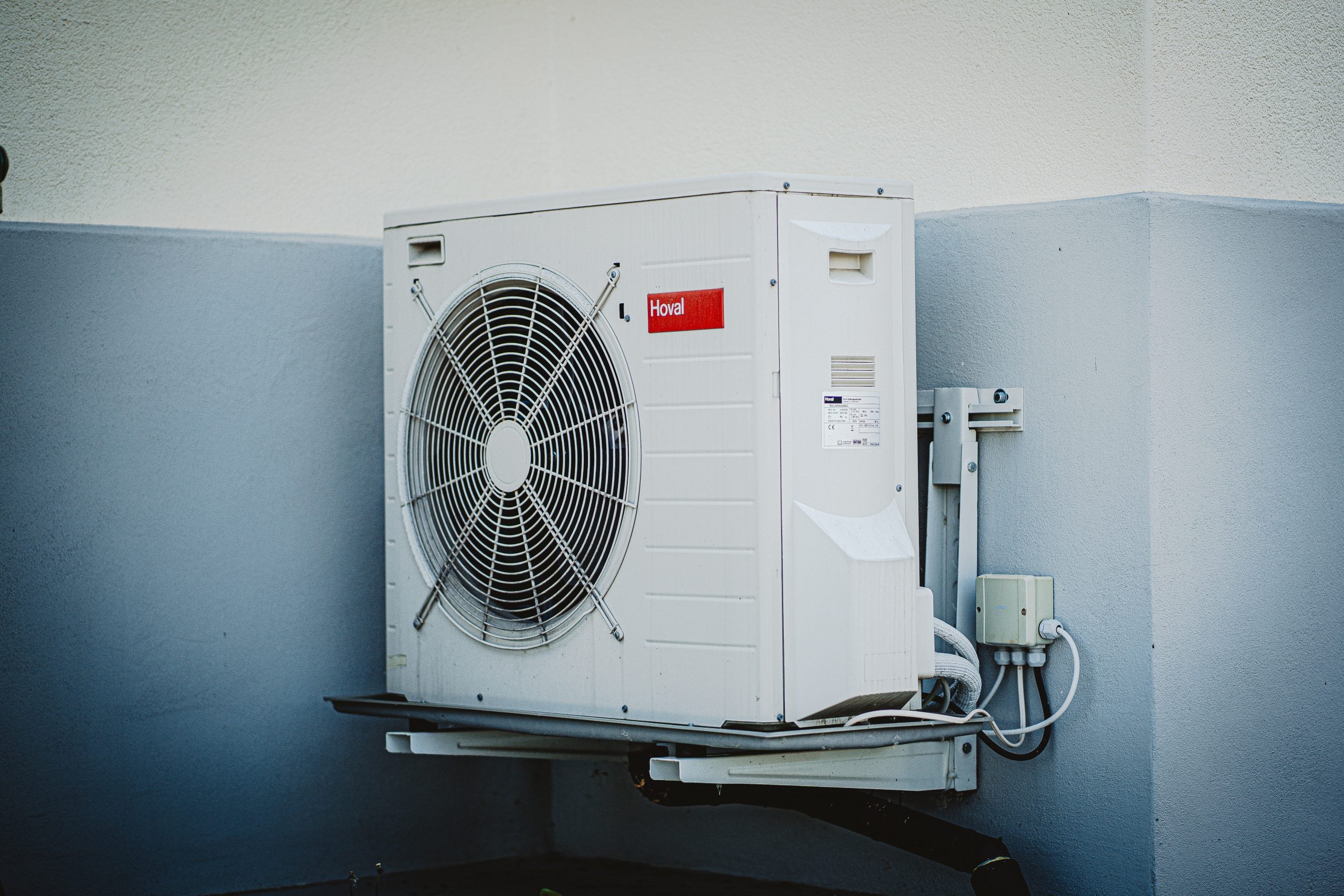 Air Movement
Air Movement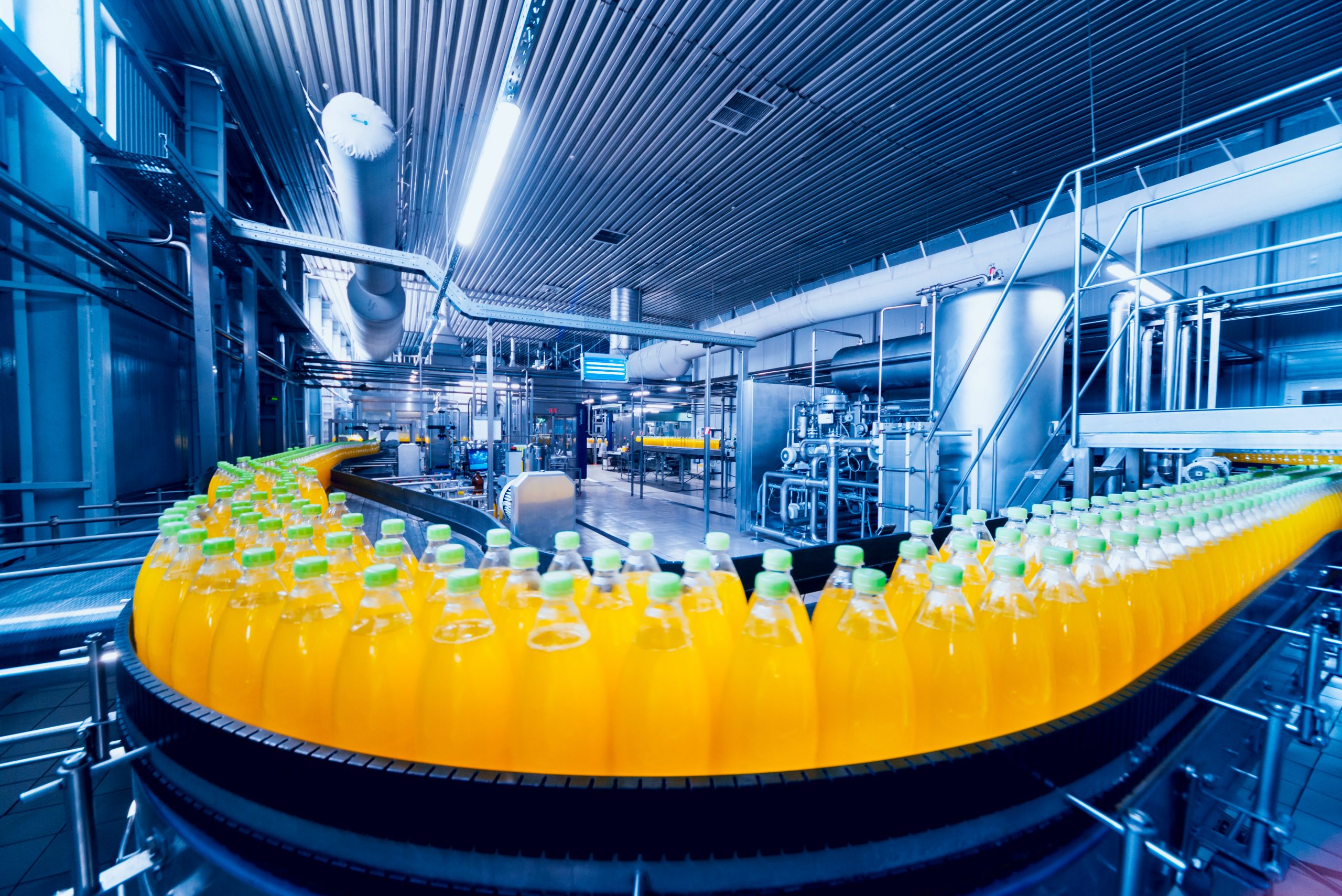 Food Industry
Food Industry Marine
Marine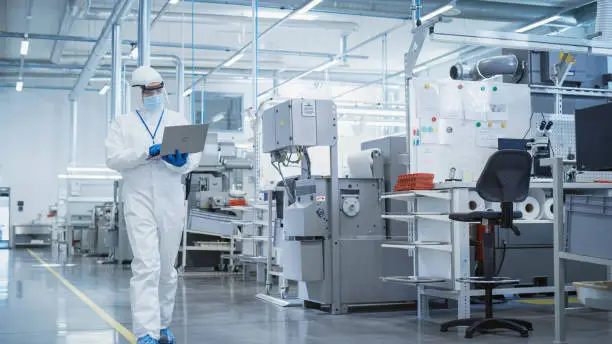 Medical and Cryogenic
Medical and Cryogenic Playground
Playground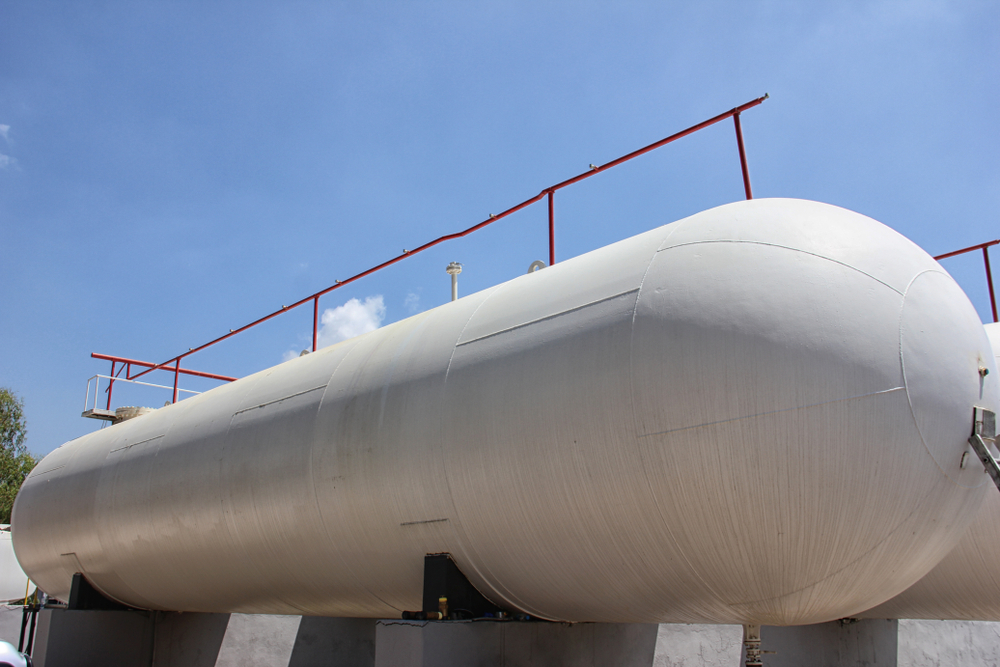 Pressure Vessels
Pressure Vessels Renewable Energy
Renewable Energy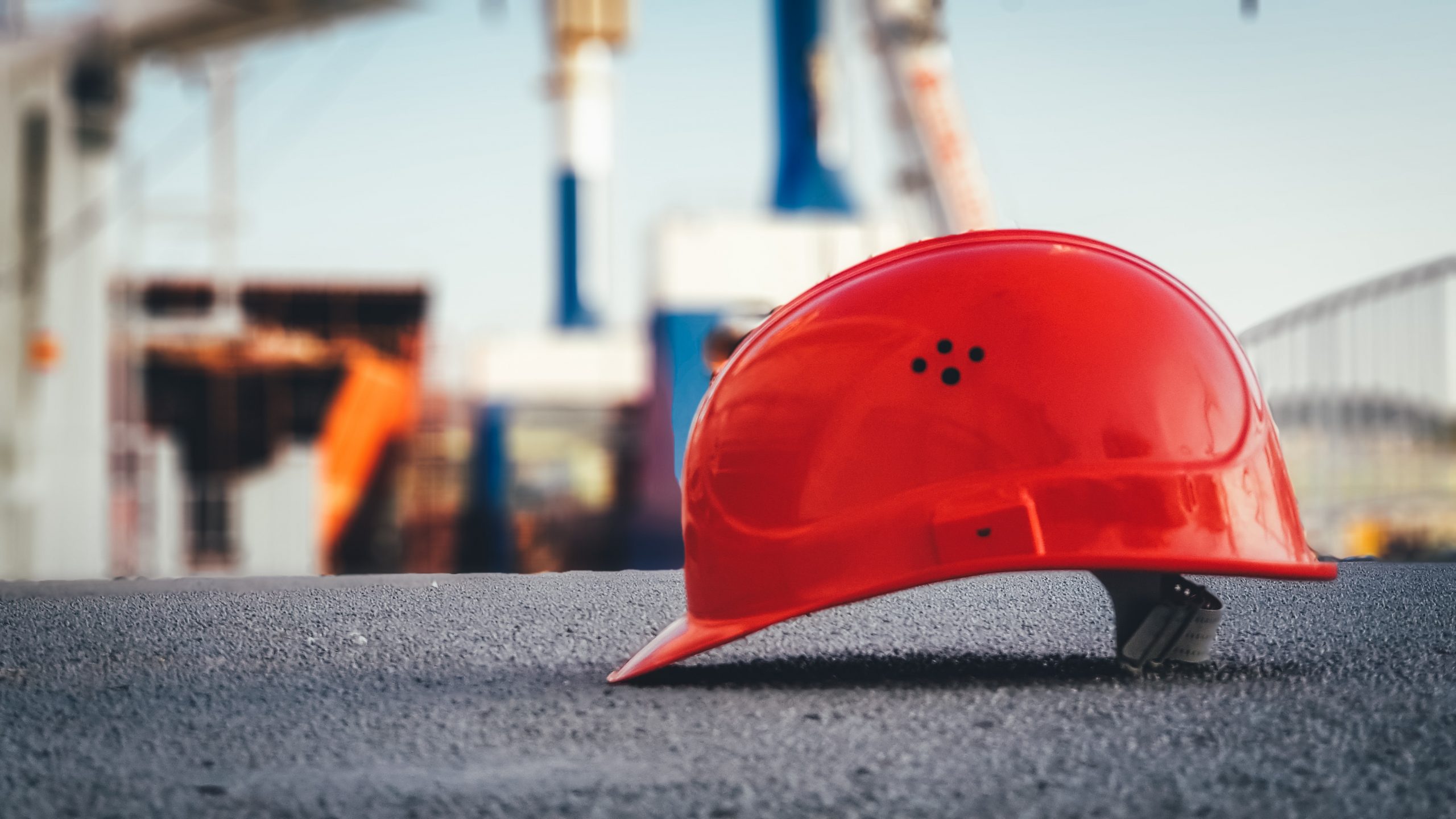 Safety
Safety